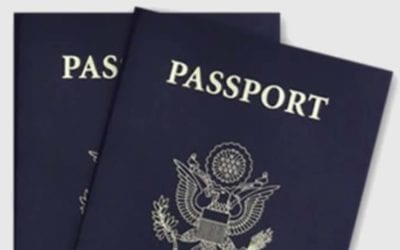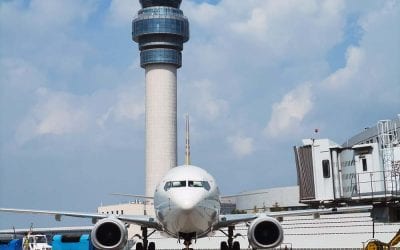
Washington, DC, is a strange place, especially when politics get into play. I’m not sure why, but the FAA reauthorization bill has been held in political limbo since 2007 when it last expired. Even though every party involved seems to want to get this bill passed, it languishes and languishes and languishes.
After watching this political shell game for the past three years of the Obama administration, even with both the Senate and the House controlled by Democrats, I can’t figure out why this bill wasn’t passed two years ago when it would have been easy.
Today, after the House Transportation and Infrastructure Committee
tacked on a labor provision keeping the National Labor Relations board for imposing new union voting rules on the airlines, the bill is in trouble again. This time, the President is claiming that he will veto the bill and the Senate claims it will never get that far.
With that background in mind, the Republican-controlled House Transportation committee decided tack a portion of the larger bill upon which, ostensibly, both sides of the aisle and the Hill agree to the bill’s 21st extension. But, the Senate balked, claiming that the House didn’t follow correct procedure. This tiff ended up delaying the extension of the FAA bill for about two weeks resulting in 70,000+ workers being furloughed and taxing authority of the FAA being ended, which resulted in about $20-$30 million of losses to the government depending on whose press releases you read.
Eventually, the Senate capitulated to the House inclusion of the fix to the Essential Air Services (EAS) program. However, there is a kicker — the Secretary of Transportation can suspend a portion of the newly passed EAS program if he sees fit. I guess that is a bit like having your cake and eating it as well.
This whole maneuver begs the question about whether the FAA bill eventually can be passed in bits and pieces, extension by extension. Each time a new extension comes up the Senate or House could add a portion of the bill that is not controversial to either chamber to the extension bill and keep moving the bill forward.
Already, safety issues brought up by the Colgan Air/Continental Airlines crash in Buffalo, New York, resulted in safety changes being added to an earlier extension and now, the House has used an extension to get the previously-agree-upon EAS language into law. Perhaps pieces of the new air-traffic control budget and program can be instituted using similar methods. This will allow the FAA to move forward without the specter of Presidential vetoes and contentious labor issues.
As they say, there are many ways to skin a cat. Congress may eventually pass this bill piece-by-piece without passing it in total if it keeps adding paragraphs where there is no disagreement between the Senate and House sides of Congress to future bill extensions.

Charlie Leocha is the President of Travelers United. He has been working in Washington, DC, for the past 14 years with Congress, the Department of Transportation, and industry stakeholders on travel issues. He was the first consumer representative to the Advisory Committee for Aviation Consumer Protections appointed by the Secretary of Transportation from 2012 through 2018.



